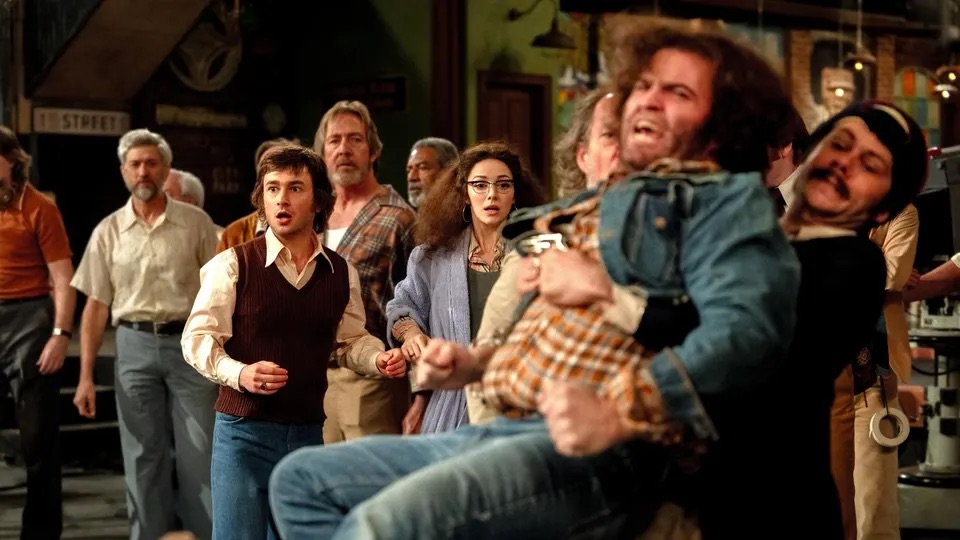Eleven-year-old Margaret Simon (Abby Ryder Fortson) feels her world is falling apart when her parents, Barbara (Rachel McAdams) and Herb (Benny Safdie,) tell her they are moving to New Jersey. Margaret is horrified at having to move schools and leave her grandmother, Sylvia (Kathy Bates), who she is particularly close to, behind.
Are You There God? It’s Me, Margaret. (English)
Director: Kelly Fremon Craig
Cast: Rachel McAdams, Abby Ryder Fortson, Elle Graham, Benny Safdie, Kathy Bates
Run-time: 106 minutes
Storyline: It is a year of big changes for Margaret as she moves from New York to New Jersey, makes new friends and learns about her body as well as religion
However, once the Simons move to New Jersey, Margaret realises life in the country is not so bad. Her neighbour and classmate, Nancy (Elle Graham), shows her the ropes and also lets her join a secret club with her two best friends, Janie (Amari Alexis Price) and Gretchen (Katherine Kupferer). In the club, the girls discuss boys, bras and periods including the most handsome boy in class, Philip Leroy (Zackary Brooks), who all the girls adore, and bad girl Laura Danker (Isol Young).
Margaret feels she is not developing as fast as the others and has these fervent conversations with god pleading with the higher power to make her ‘normal’. When Mr. Benedict (Echo Kellum), the new teacher at Margaret’s school, asks the students to write about themselves, he is intrigued by Margaret writing she hates religious holidays. Margaret explains that her Christian mother and Jewish father have decided not to celebrate religious holidays and let Margaret choose whichever religion she wants to follow when she grows up. That does not stop Sylvia and Barbara’s estranged parents Mary (Mia Dillon) and Paul (Gary Houston) from interfering.
Beautifully acted with Forston, McAdams and Bates leading the charge, Are You There God? It’s Me, Margaret. is that rare perfect adaptation of a well-loved book. The period detail is delicious as are the musical choices.
Though set in 1970, the year Judy Blume’s seminal work was published, Are You There God? It’s Me, Margaret. feels timeless. As author Jason Reynolds says in the excellent documentary, Judy Blume Forever, “Judy did not write her books to be timeless. She wrote them to be timely and they were so timely that they are timeless.”
Growing pains do not change with time or space. And as Margaret negotiates the scarily exciting world of heartache and hormones, we cheer her on even as we find personal echoes in Margaret’s dilemmas and journey.
Are You There God? It’s Me, Margaret. is currently running in theatres

























/cdn.vox-cdn.com/uploads/chorus_asset/file/25789444/1258459915.jpg)

/cdn.vox-cdn.com/uploads/chorus_asset/file/25546252/STK169_Mark_Zuckerburg_CVIRGINIA_D.jpg)


/cdn.vox-cdn.com/uploads/chorus_asset/file/23951353/STK043_VRG_Illo_N_Barclay_3_Meta.jpg)